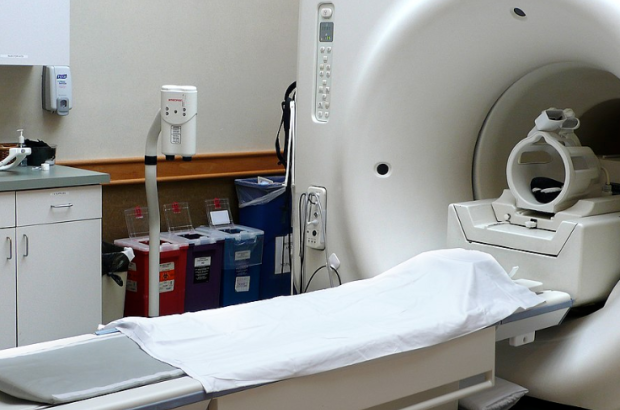- Daily & Weekly newsletters
- Buy & download The Bulletin
- Comment on our articles
Brussels cries out for more MRI machines
Belgium’s federal health ministry has announced that the country will soon receive 20 new MRI (magnetic resonance imaging) scanners – but none are going to Brussels.
Instead, 15 will arrive in Flanders and five will go to Wallonia, according to RTL.
The capital’s radiologists are calling for three new MRI machines as soon as possible. They say that this is the only way to alleviate what they describe as an alarming situation for patients and staff. Demand for examinations is very high in Brussels and waiting times are often long.
The distribution of MRI machines is based on the demographics of the region, but this is not fair on Brussels hospitals, said Mieke Cannie, head of radiology at Laeken’s CHU Brugmann hospital.
"In Brussels, we have three academic hospitals and several university centres that attract patients from all over Belgium," she said. "We carry out more complex examinations, which take 30 minutes. That also explains why we do fewer scans than in other regions.”
She said that her unit sees around 30 patients a day, with the MRI scanners in use from 6.00 to 23.00. The machines are especially helpful to collect pictures of tissue such as organs and muscles that do not show up on X-rays.
Examinations are prioritised – with people suffering strokes seen quicker than those with difficulty balancing. Waiting times for MRI scans vary between three and six months, due to a lack of availability.
As a result, MRI scans are sometimes replaced by X-rays, which is a less accurate and more invasive option, Cannie said.
“When we do the MRI, we can clearly see that the damaged tissue is there, but also several other lesions that had not been spotted. And in an emergency situation, that can make all the difference.”
With a new government on the horizon, Brussels residents will be hoping for a better healthcare budget so hospitals can buy more MRIs and speed up waiting times. For now, patients such as Astrid are waiting four months to get a scan.
“I’ve had a swelling problem under my ear for years, and I’ve seen quite a few doctors,” she told RTL.
“So far, we have still not found out what it is. I think sometimes there are emergencies that require a quicker intervention, a quicker diagnosis. I think for these people, this [the lack of MRIs] may be more of a problem.”
Photo: Liz West/Wikimedia. Licensed under Creative Commons
















